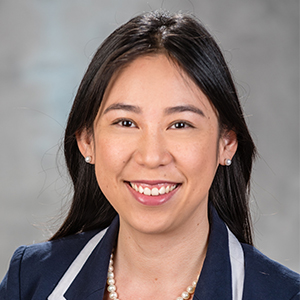SWEETs are membrane sugar transporters that play critical roles in plant physiology and crop yields. We recently reported the design of a biosensor consisting of a plant SWEET and a conformation-sensitive fluorescent protein that translates sugar binding to the transporter into a fluorescence response. We named this biosensor SweetTrac1 and showed with a mass action kinetics model that changes in fluorescence intensity correspond to particular molecular events in the transport cycle.

Furthermore, we demonstrate how biosensors combined with cheminformatics techniques can be used to decipher the variety of molecules that a transporter can recognize and provide suggestions on how to use biosensors for protein engineering.
Lily Cheung started her research career at Rutgers University, where she graduated summa cum laude with a B.S. in chemical engineering in 2008. She then earned her Ph.D. in chemical engineering from Princeton University in 2013 under Stanislav Shvartsman. For her thesis, Lily characterized gene regulatory networks using a combination of molecular biology, genetics, and reaction-diffusion modeling.
During her postdoctoral training with Wolf Frommer at the Carnegie Institution for Science, she designed biomolecular sensors to quantify sugar transport in plants. Her current interests include using high-throughput quantitative techniques and mathematical modeling to advance our understanding of how metabolic and gene regulatory networks interact to control plant growth.
Lily is the recipient of an NSF NPGI Postdoctoral Fellowship in Biology, an NSF CAREER Award, and a Human Frontier Science Program Early Career Award.